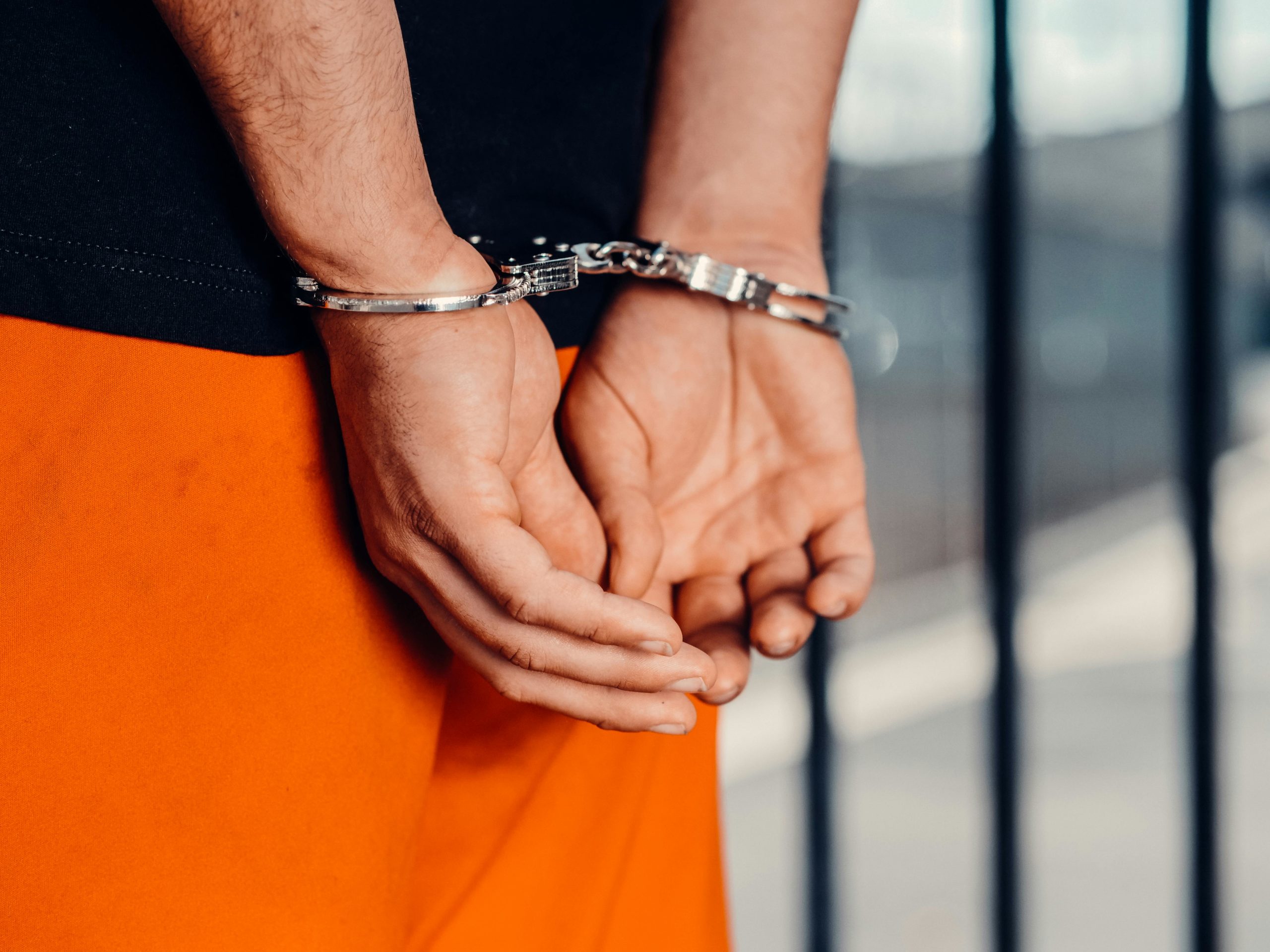Original article (in Slovenian) was published on 4/7/2025; Author: David Bajec
Urša Regvar, head of the asylum and migration department at Legal Centre for the Protection of Human Rights and the Environment, explained that for foreign nationals, committing a criminal offense carries consequences beyond conviction and sentencing. The authorities may deny them a residence permit or revoke residence that had already been granted.
The Christian democratic New Slovenia (NSi) party posted a video on Facebook on 28 May in which their MP Aleksander Reberšek claims that a migrant in Slovenia would “get asylum, free accommodation, and welfare benefits” for attempted rape.
Urša Regvar, head of the asylum and migration department at the Legal Centre for the Protection of Human Rights and the Environment (PIC), clarified for Razkrinkavanje.si that the status of asylum seekers, persons granted international protection, and foreign nationals is governed at the EU level through sectoral legislation. However, “all three categories of foreigners are fully subject to Slovenian law,” including the Constitution and other legal acts that make up the Slovenian legal system. Slovenian criminal law applies to all individuals in Slovenia, regardless of their nationality.
If a criminal offense is committed by a foreigner, their conviction and sentencing can carry additional consequences. If they have a criminal record, they may be excluded from the process of obtaining international protection status, or they may have their already granted status revoked. Similarly, the authorities can deny them a residence permit or revoke one that has already been issued. Regvar also emphasized that acquiring Slovenian citizenship is conditional on having no criminal convictions.
A foreigner who commits a criminal offense may also be subjected to the additional penalty of expulsion from the country. A court can order expulsion if a foreigner is convicted of an offense that carries a sentence of more than two years in prison and if their personal circumstances pose a serious threat to public order or security, she explained.
Foreign nationals with temporary residence in Slovenia and asylum seekers are not entitled to social welfare benefits. Individuals with international protection status lose benefits if they are sentenced to prison. According to the Act on Social Welfare Benefits, serving a prison sentence is one of the disqualifying reasons for being denied or deemed ineligible for benefits.
The General Police Directorate said that they do not keep statistical data on the convicted perpetrators of criminal offenses, only “the number of cases for which a criminal complaint has been filed with the State Prosecutor’s Office at the end of pre-trial procedure.”
According to data they provided to Razkrinlavanje.si, over the past ten years the Slovenian police have filed 533 criminal complaints with the State Prosecutor’s Office against individuals suspected of rape. Of these, 413 were Slovenian nationals, 100 were third-country nationals, and 20 were nationals of EU member states.
Among the 100 suspects from third countries, the majority were from Bosnia and Herzegovina (32) and Kosovo (31). The General Police Directorate explained that the rise in the total number of reported rape and sexual violence cases after 2021 reflects changes in the Criminal Code related to these offenses, which came into effect on July 1, 2021. Since then, the absence of consent is sufficient for a crime to be considered rape or sexual violence, even if no force or threats were used.
We have informed Aleksander Reberšek of our findings and will publish his response when we have received it.
The claim that a migrant in Slovenia would receive asylum, free housing, and social welfare benefits for attempted rape is false.



